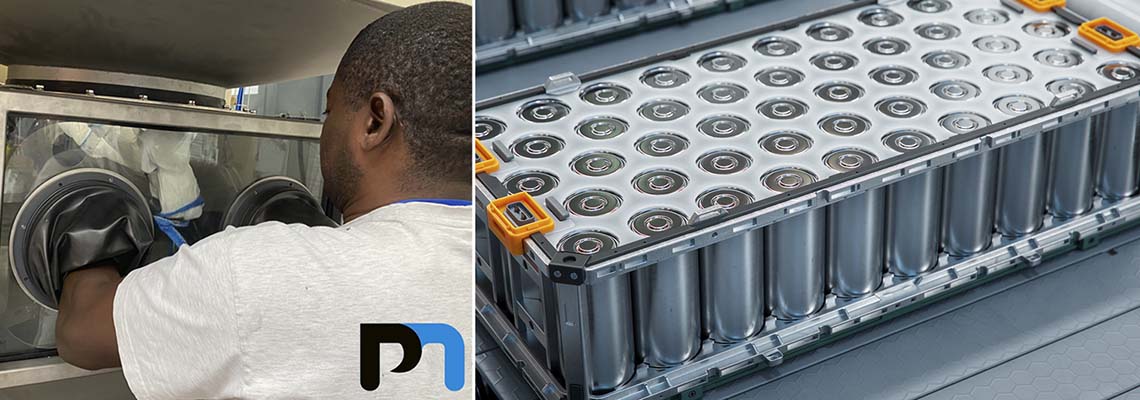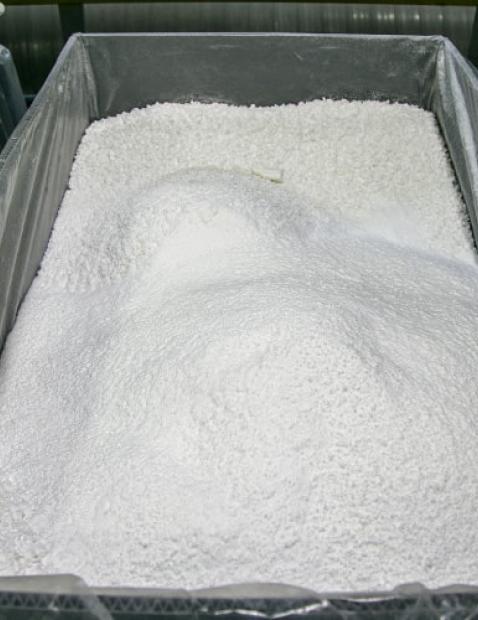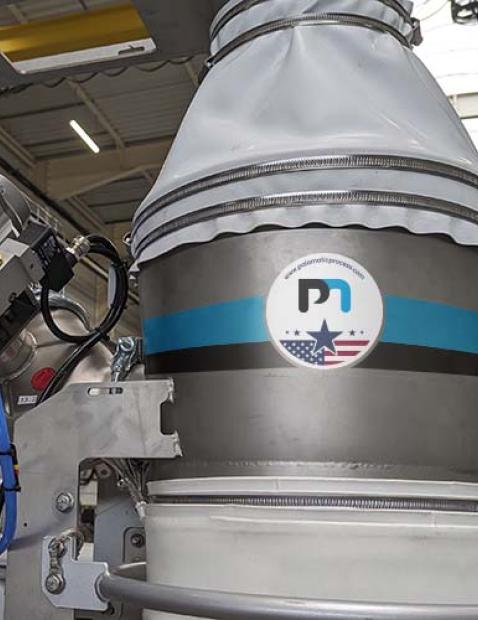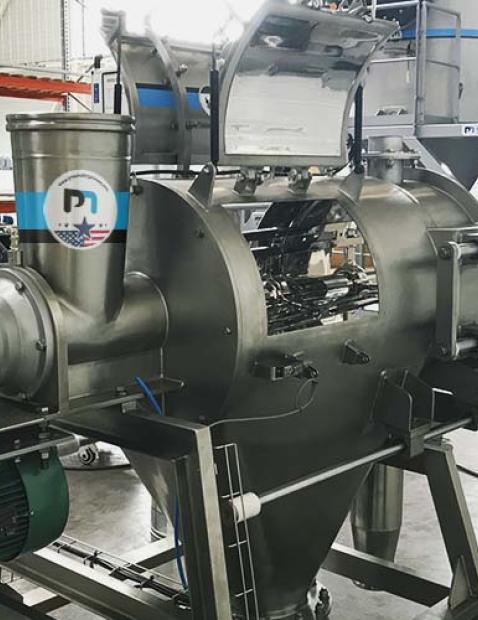
What are the requirements for the containment and handling of CRM powder?
The use of closed systems for powder transfer and mixing
Closed systems, such as Palamatic Process containment equipment, enable safe and efficient handling of CRM (Critical Raw Materials) powders, reducing the risk of dust emissions and environmental contamination. They also ensure greater precision and homogeneity of powder mixtures.
Palamatic Process industrial powder mixers
Installing efficient ventilation and filtration systems
Ventilation and filtration systems are essential to ensure a clean and controlled production environment, by reducing the concentration of dust and particles in the air. They help protect workers' health and minimize the risk of product contamination.
Wearing appropriate personal protective equipment (PPE)
PPE such as masks, gloves, overalls and goggles are essential to protect workers against the risks of exposure to CRM powders and other hazardous substances. They must be adapted to the specific risks of each workstation, and regularly checked and replaced.
Regular training of personnel in safety procedures
Staff training in safety procedures, good CRM powder handling practices and the use of containment and personal protection equipment is essential to guarantee the safety and quality of production processes. It must be regularly updated and adapted to changes in regulations, standards and technologies.
Implementation of decontamination and waste management protocols
Decontamination and waste management protocols are essential to minimize the risks of contamination and exposure to CRM powders, and to ensure compliance with environmental regulations. They must include specific procedures for cleaning equipment, collecting and processing waste, and managing emergency situations.

Do you have a project in mind?
I'm available to advise and support you in your project.
Tarik, powder expert
Control and monitoring of emissions and discharges
Controlling and monitoring emissions and discharges of CRM powders into the air, water and soil are essential to minimize the environmental impact of production processes and ensure compliance with current regulations. They must be carried out using appropriate methods and equipment, and be regularly checked and updated.
Implementing and complying with these requirements for the containment and handling of CRM powders is crucial to ensuring the safety, quality and sustainability of production processes in the battery industry, and to meeting the expectations of customers, stakeholders and regulatory authorities.
Case study: Automated preparation of CPTED with your Lithium, Nickel, Manganese and Cobalt hydroxides products



















